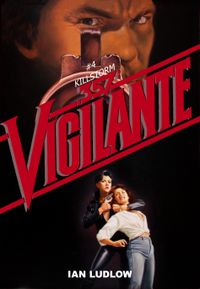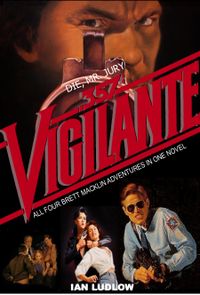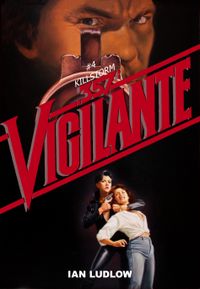Yesterday, I talked about how Josh Olson wrote a great piece explaining why he won't reading your script…and that, on the same day that I read his article, I had an experience that proved him right. Here's what happened. A stranger wrote me:
I have a great idea for a TV series…oops, you've heard that a million times. But really I do. Can I send you the Treatment I have written and get some help pitching it?
I replied:
Nope. (And you are the 27th person to ask me that today. No kidding. And the day isn't over yet).
…and I sent him a link to Olson's piece. And within minutes, he was twittering things like this:
Sick of arrogant TV writers who write crap that we have to watch on TV.
And this:
I am talking about Lee Goldberg…what a f'n snob…and he sucks.
Today, he sent me this note:
I joined Facebook in part, my arrogant friend, to sell my book and to network. That is what Facebook is for in part, as well as reconnecting with family and old friends. Therefore, I reached out to you to network. But like the arrogant prick you are, instead of simply saying no thanks, or ignoring my request, you slap me around as if I was a moron. I had a bad day yesterday, involving one of my children, and didn't need your snotty lecture. So go away. I get your drift. You got lucky and think you are somebody now. But know this, my arrogant friend, what you dish out to the world comes back to you.
And the replies from his friends to his twitters reflected a similar point-of-view:
fuck Lee Goldberg and his arrogance. He lives in a phony world of recycling idiot ideas. Perhaps I'm missing something, but has any Hollywood writer *lately* managed to write a good work of fiction? I dunno, perhaps Lee Goldberg has some sort of defense for that episode of "She Spies" that he helped write in committee.
And this from the guy who initially wrote me:
What does Lee Goldberg write – that Monk nonsense? That's why I spend the evening (when not writing or reading) flipping through the numbing crap on TV that is written by the arrogant "professionals" full of themselves that they can't mentor a struggling author along.
Of course, he thought well enough of me to hit me up to read his stuff…I became an arrogant asshole and author of mind-numbing crap after I said no.
I am stunned by the arrogance of these people, telling me that my professional success isn't the result of talent or hard work, but rather it is some kind of entitlement. And that by not reading their work, or listening to their ideas, or coaching them on pitching, I am an asshole. My time is their time to do with as they please. They also assume that I am not interested in helping anyone else achieve what I have.
These jerks know nothing about me, or the time and effort I devote to sharing my experience with others. They don't know about the many days I spend each year teaching TV writing, giving seminars, or speaking about writing at high schools, universities, conferences, and libraries locally, nationwide and around the world, mostly for free.
In the last six weeks, for example, I spent seven days at the International Mystery Writers Festivalin Owensboro, Kentucky teaching, speaking, and moderating seminars on tv and mystery writing to the public. At no charge. I taught a three-hour course on TV writing to students at Cal State Northridge. At no charge. And I spent a day giving a seminar on TV writing to a delegation from China Central Television.
But what I didn't do is drop everything in my life to read some stranger's treatment, listen to his idea for a TV series, and coach him on how to pitch.
So obviously I am an arrogant, talentless, asshole.
I have committed the unforgiveable sin of deciding how to use my time and how best to give back to others. And not letting some stranger decide for me.
So, when it comes to this guy and all those outraged, wanna-be writers who they think own me and my time, I think Josh Olson really nailed it when he said:
I will not read your fucking script.
UPDATE 9-11-09: The pissed off stranger who wanted me to read his treatment has responded. What follows is his email to me, verbatim, minus the title and link to his self-published "manifesto" on new belief system that will revolutionize society.
Blah, blah, blah. Whippy shit. Whining ahole. If you spent all the time trashing me trying to help me instead, we might both have a better feeling about you. Doth protest too much, my friend. You have a guilty conscience as you should. Hard work, my ass, you got lucky, friend, pure and simple. Given the chance, I would write you off the page.
And look who's talking about people skills. All you had to do numbnut, was ignore me, or give me a website where to send my treatment, an address, something. Instead, you bastard, you give me a snide, insensitive stupid article. And a bunch of messages that are just pure mean-spirited. I might be dying of cancer or have a kid dying of cancer, but you don't care.
Who says I want to succeed in Hollywood anyway – if it's populated by untalented, arrogant mean-spirited likes of you, I don't need it. It will be TV's loss not to have my treatment.
Read my book, XYZ
Know what it says, you strunes – death is the only reality. I will certainly see you at some point there, in some afterlife. And maybe I'll buy you a beer, and then again, maybe I won't.





